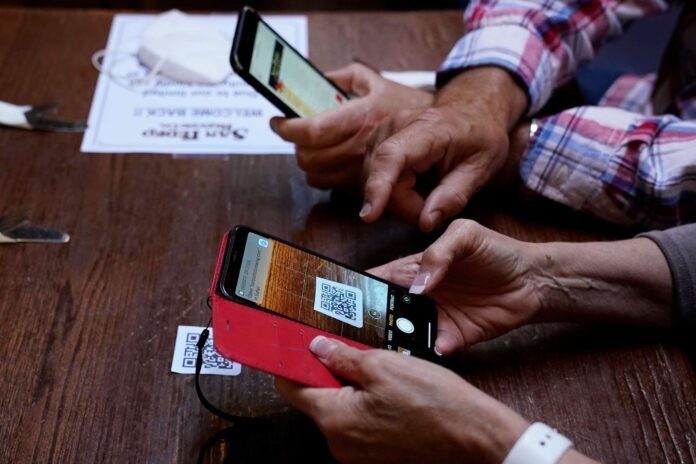The FBI recently issued a warning about a rising threat: QR code scams. Scammers are now sending packages to people who never ordered them. These packages come with QR codes, which lure curious recipients into scanning them. Once scanned, these codes can lead to harmful websites asking for personal and financial details. Alternatively, they might install malware on your device without your knowledge.
This new scam is a twist on the traditional “brushing scam.” In brushing scams, online sellers send unwanted items to random people. They then use those recipients’ details to post fake positive reviews. This boosts the product’s ratings and tricks other buyers. However, the FBI explains that scammers now add QR codes to these packages. This addition helps them carry out financial fraud more easily.
The FBI advises the public to stay alert. If you receive a package you did not order, do not scan any QR codes on it. These codes can take you on a dangerous path, leading to identity theft or money loss. Always question unexpected deliveries and avoid interacting with unknown QR codes.
Besides packages, QR code scams are popping up in other places. Criminals stick fake QR codes over real ones in public areas. For example, the New York Department of Transportation recently warned drivers. Scammers placed fraudulent QR codes on parking meters. Scanning these codes took users to fake sites requesting credit card information.
People should always check the web address shown by their phone before clicking. Most phones reveal the URL linked to a QR code automatically. If the address looks suspicious or unfamiliar, do not proceed. This simple step can protect you from falling victim to scams.
In conclusion, QR code scams are becoming more common. The FBI urges everyone to exercise caution. Do not scan QR codes from unknown sources, especially on unsolicited packages. Protect your financial information by staying vigilant. Remember, the key to safety is to beware of QR code scams.
For more tech updates, visit DC Brief.


